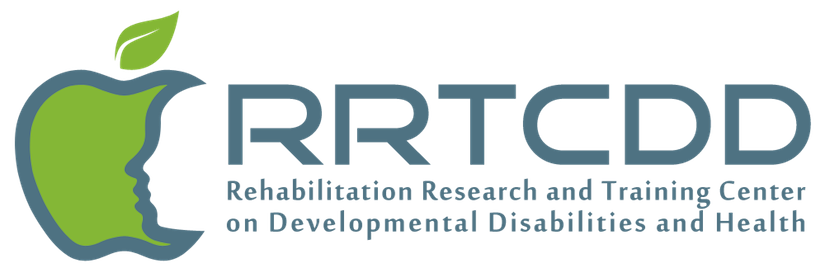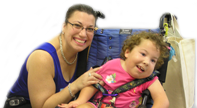Racial and Ethnic Disparities Among Adults with IDD and Their Family Caregivers
3:00 p.m. - 4:00 p.m. ET
Location: Webinar
Introducing six new webinars hosted by The Arc and made possible through The Rehabilitation Research and Training Center on Developmental Disabilities and Health (RRTCDD). RRTCDD has made significant contributions to advance research and practice across the lifespan for people with intellectual and developmental disabilities (IDD) and their families. We hope these webinars will give attendees useful information and strategies to improve health and community participation among people with IDD.
Webinar Description
The majority of adults with IDD live at home with their families, and this is particularly true for adults with IDD from diverse backgrounds. Some research suggests that adults with IDD who live in the community face many health challenges compared to those in residential settings. In this webinar Dr. Magaña will present research on health outcomes of African American and Latino parental caregivers, and on racial and ethnic disparities on health outcomes among adults with IDD. She will discuss policy and community based interventions to address these disparities with a focus on how agencies serving IDD can address the health of families of persons with IDD.
Presenter
Sandy Magaña, PhD, MSW, is a professor in Disability and Human Development at the University of Illinois at Chicago. She has been a leader in investigating racial and ethnic disparities among children with autism and developmental disabilities and among their family caregivers. uilding on this research, Magaña has developed culturally relevant interventions to address these disparities, bringing the Promotora de Salud (community health worker) model to the disability world. Once such project is aimed at addressing health behaviors and needs of caregivers of children and adults with developmental disabilities. She is also director of the newly established Family Support Research and Training Center (FSRTC).
The webinars are funded through the Rehabilitation Research and Training Center on Developmental Disabilities and Health (RRTCDD), United States Department of Health and Human Services, Administration for Community Living (ACL), National Institute on Disability, Independent Living, and Rehabilitation Research (NIDILRR), Grant # 90RT5020-01-00.









